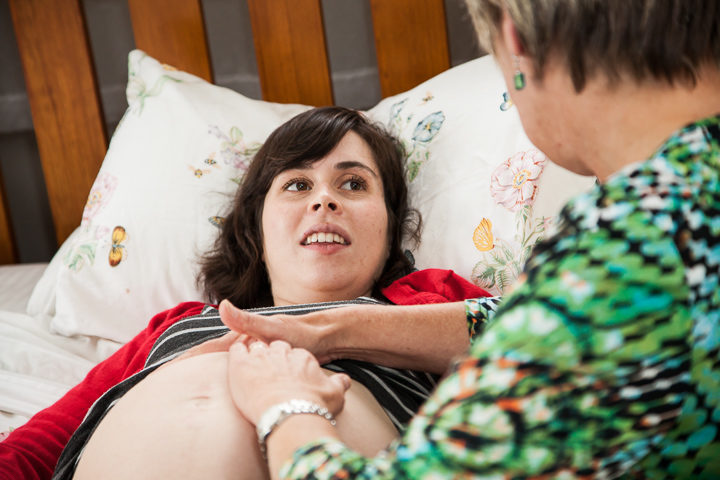Congratulations – you’re expecting a baby. You’re now looking for a midwife who you feel is best suited to provide you with care throughout pregnancy, birth and the first six weeks following the birth of your baby.
What to look for in a midwife

- Supportive care that respects you, your family/whānau, your culture and your beliefs
- Supporting your informed decisions about tests, recommendations and interventions
- Helping you to plan for your pregnancy, birth and postnatal care
- Respect for each woman’s unique experience and decisions
- Antenatal visits in your own home or at the midwife’s clinic. These visits will allow plenty of time for questions and discussion. Meaningful discussions to explore and help resolve fears and concerns you or your whānau might have.
- Caring attention to develop a trusting and nurturing relationship with you and your whānau that can help you to labour and give birth naturally and safely and can help you and your partner and whānau with the transition to motherhood and parenting.
- Information about pregnancy, birth and the weeks afterwards, including breastfeeding and care of the baby
- Suggestions for self care and care of your baby
- Advice and education in relation to nutrition and healthy lifestyle choices
- Information on recommended tests, procedures or treatments so you can make informed decisions about your care
- Individualised care, privacy and an understanding of the physiological processes of pregnancy and birth
- Regular assessments for you and your baby throughout your pregnancy, labour, birth and postnatally, to ensure you and your baby are healthy and well
- Information about a range of screening tests (blood and ultrasound tests) and referral for these if you choose to have them
- Referral to other health practitioners if needed
- Midwives are experts in pregnancy and birth and are experienced in recognising the variations that can occur and when referral for further care is recommended
- Referral to appropriate services of your choice on completion of maternity care
- Support with learning to breastfeed your baby
- Midwives offer care right through, from your pregnancy test up to four to six weeks after the birth of your baby
- Midwives will visit you in your own home or you may visit your midwife or her midwife partner at her clinic for your pregnancy care
- Midwives will usually come to you at home in early labour and as your labour progresses you can choose to stay at home or the midwife will come with you to the local birthing unit or to the hospital if you need hospital care
- Midwives visit you and your baby at home after the birth and will help you adjust to becoming a mother, caring for your baby and with successful breastfeeding
- Midwives give you the time you need to ask questions and to plan around you and your family’s needs during pregnancy, birth and the weeks following
- Midwives work with other midwives that you will meet so that you have access to 24 hour/seven day a week consistent care, even when your midwife is having a weekend off, is ill or is on holiday
